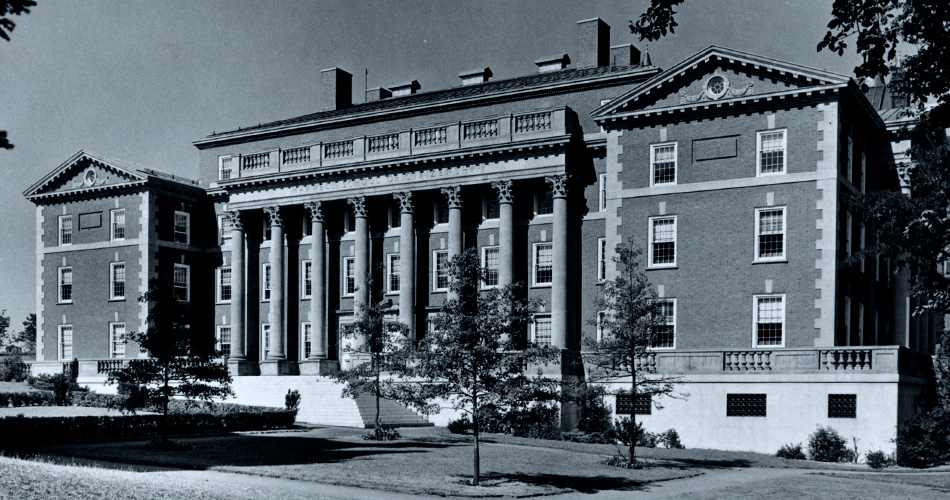Between Flood and Drought: Environmental Racism, The Production of Settler Waterscapes, and Indigenous Water Justice in South America’s Chaco
Virtual
Add to: Outlook, ICal, Google Calendar
Moynihan Institute of Global Affairs
Program on Latin America and the Caribbean and Department of Geography and the Environment present
Between Flood and Drought: Environmental Racism, The Production of Settler Waterscapes, and Indigenous Water Justice in South America’s Chaco
This talk advances a novel approach to assessing the geographies of settler colonialism by wedding insights from Indigenous studies alongside critical physical geography. Settler colonialism is a structure of social-spatial relations centered on land dispossession and elimination of Indigenous lifeways. While geography matters to settler colonialism, few studies examine how settlers use biophysical geographies to colonize and the effects on Indigenous water access. I weave an analysis of historical missionary accounts with a political economy of contemporary cattle ranching and GIS assessment of water infrastructures to show how settler waterscape formation reworks hydro-social relations in the South American Gran Chaco. Further, the paper shows how settler waterscapes produce vulnerability along racial lines by limiting Indigenous access to water that subsequently makes regularly-occurring flood and drought events malignant, even deadly. I argue that settler colonialism is manifest in spatially distinct ways vis-à-vis different physical geographies that produces environmental racism, showing that water scarcity is socially produced. Based on long-term field research with Enxet and Sanapaná peoples in Paraguay, the paper contributes to debates on colonial natures, water justice, and Indigenous geographies by using critical physical geography to study the production of novel bio-social systems and their implications on justice.
Assistant Professor, Center for Latin American Studies
University of Florida
This talk is a part of the Geography and the Environment Colloquium Series.
For more information or to request additional accommodation arrangements, please contact Havva Karakas Keles, hkarakas@syr.edu.
Open to
Public
Contact
Accessibility
Contact to request accommodations

We’re Turning 100!
To mark our centennial in the fall of 2024, the Maxwell School will hold special events and engagement opportunities to celebrate the many ways—across disciplines and borders—our community ever strives to, as the Oath says, “transmit this city not only not less, but greater, better and more beautiful than it was transmitted to us.”
Throughout the year leading up to the centennial, engagement opportunities will be held for our diverse, highly accomplished community that now boasts more than 38,500 alumni across the globe.